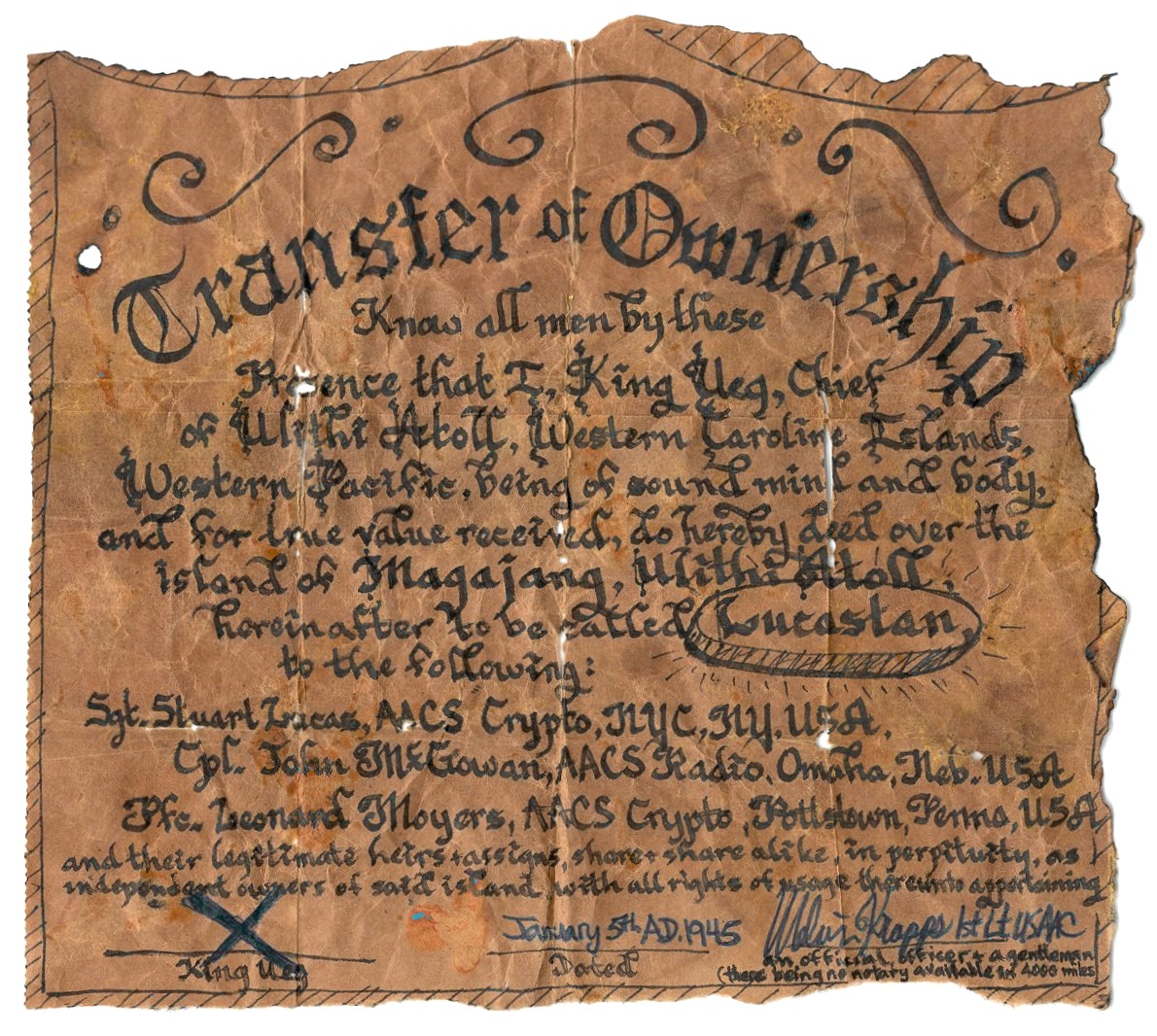
When a buyer purchases property in California, often times they will ask us, or you, "How should we take title?" We cannot advise the buyers, we can only suggest they speak to their CPA or attorney etc.
Now, there is a tool that helps one understand the ways in which they can take title and the different methods of holding title on real property. We provide this to our realtors and our buyers. There is an explanation of the different ways to hold title and the benefits or explanations of each.
Don't wait till the last minute to discuss this with your buyers.
They may need time to review the information and then talk to their accountant to find out what's best for them. When we're funding tomorrow and recording the next day, this is not the time for your clients to be concerned with "how to hold title".
Let me know if you need a copy of my "Methods Of Holding Title" marketing piece, I'd be glad to get you one! :-)














Comments(4)